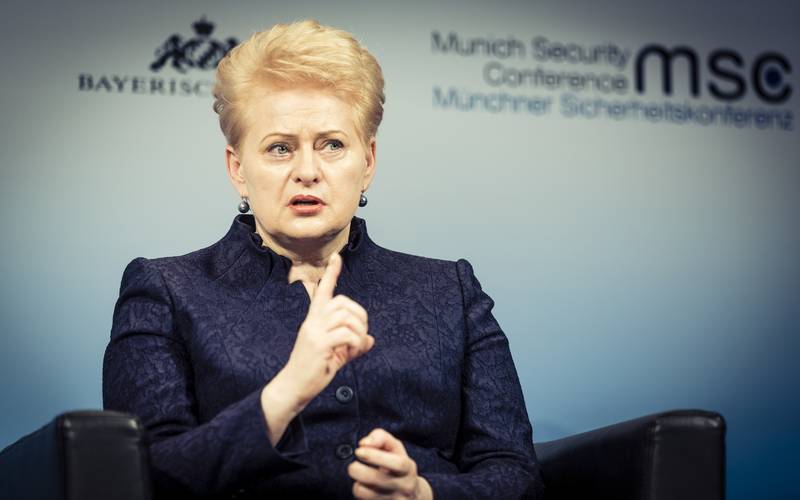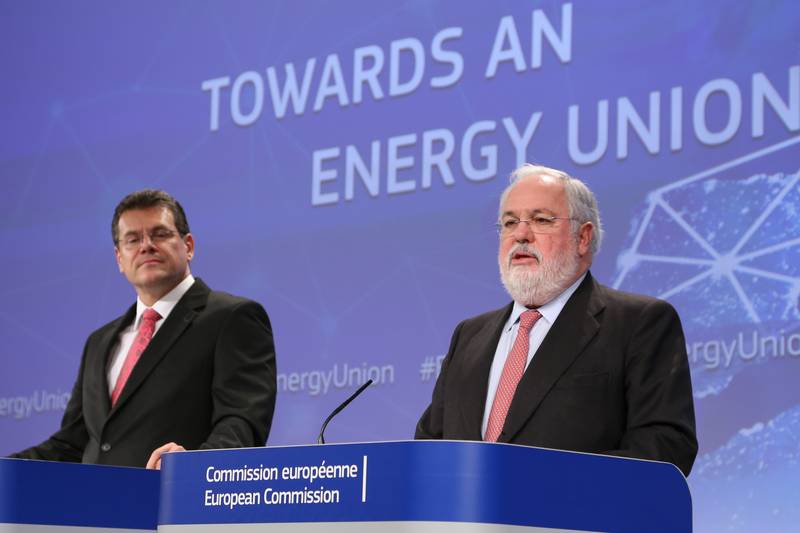Bulgaria should leave nuclear energy in the 20th century
Jan Haverkamp, March 7, 2010
 The articles of euinside about the renewed plans of Bulgarian government to build a second nuclear power station in Belene, evoked a lot of interest and comments. Here we present to you the comment of the Greenpeace expert Jan Haverkamp. We thank him for the very detailed position on the issue and encourage all sides to share their comments too.
The articles of euinside about the renewed plans of Bulgarian government to build a second nuclear power station in Belene, evoked a lot of interest and comments. Here we present to you the comment of the Greenpeace expert Jan Haverkamp. We thank him for the very detailed position on the issue and encourage all sides to share their comments too.
"Mr. Stamenov has either a very selective memory or is so caught up in an ideological dream world that he distorts reality. The 1977 Vrancha earthquake killed 120 people in Svishtov, which is 13 km from the Belene site (well inside the 30 km zone). It also caused considerable damage in Belene and Nikopol. Of course not on the Belene site, because there was no Belene site in 1977. The EIA study was soundly tweaked into giving the picture Mr. Stamenov is painting here. The basis for that study is more extensively given in the "White Book" of the Bulgarian Academy of Science from 1990. And comes to the conculsion that Belene is not a suitable site, as did Russian engineers in the 1980s.
http://bluelink.net/upload/2afb06f547266f3ba701eddf8f118ac0/20070626%20Belene%20Seismic.pdf
Mr. Stamenov also conveniently forgets that the 2007 earthquake in Japan closed down the 7 reactors of Kashiwazaki-Kariwa and only a month ago the second reactor was reconnected to the grid. Five reactors are still down, three years after the event.
The reason why the Stanishev government could not move forward is clear: a Russian loan with government guarantees would have constituted illegal state aid and distorted the electricity market. Mr. Stamenov obviously still lives in the past in which expenditure and income were completely unrelated budget issues.
Experiences with other than Russian fuel for Russian reactors have been bad in the past. Only a few years ago, Czech utility CEZ had to move for its fuel from US based Westinghouse to Russian TVEL (part of Rosatom, also owner of Atomstroyexport) because of problems with the Westinghouse fuel in the Temelin VVER 1000 reactors. Westinghouse then closed its production facility for VVER fuel.
The "experts"' remarks about nuclear waste are simply shocking. Reprocessing in Mayak (where the Bulgarian nuclear waste is going) is about the dirtiest nuclear activity in the world. For some impressions, look at:
http://archive.greenpeace.org/mayak/
or to the recent documentary "Déchets, le cauchemar du nucleaire" by French TV station ARTE
http://www.arte.tv/fr/Comprendre-le-monde/Dechets--le-cauchemar-du-nucleaire/2766888.html
That Bulgaria does not need a storage for nuclear waste is maybe the ultimate show of the irresponsibility of the nuclear generation of mr. Stamenov. Kozloduy is producing high radioactive waste, sending to Russia equals to wiping it under the carpet. As soon as we have to hand over this planet to the next generation, we'll have to clean up - or we'll leave those next generations with the problems and the enormous costs. Contractually, Russia will send back the results of reprocessing in the future. That will have to be stored, and there is no facility for that yet.
These experts have no answers whatsoever. They are caught in an outdated dream from the 1950s, blind for the problems they have caused on the way and uninformed about the real alternatives.
The only point where mr. Stamenov is right, is that new nuclear reactors in Kozloduy will not be that much cheaper than in Belene because of already present infrastructure. Currently, construction costs for all offered new nuclear projects in the US, Canada, France, UK, Finland, Lithuania, the Czech Republic and others tower to 5000 EUR / kW installed capacity - and one project after another falls into the same fate as Belene because of that. 5000 EUR/kWe means they will deliver roughly double the electricity market prices we see today. Alternatives like efficiency and renewable energy sources continue to sink in price and wind, biomass, geothermal and concentrated solar heat now already compete with the conventional sources.
By the way - the "price" for Belene of 4 Billion Euro is not the full construction price. It is widely acknowledged nowadays, even by the Bulgarian government, that the total construction price will hit 10 Billion Euro. Atomstroyexport already indicated that its part will probably cost 6 Billion Euro.
That Belene could be ready within 4 to 5 years is another wet dream of an old generation. The AES-92 will be a first-of-a-kind in the European Union. The only two existing nuclear construction projects in the EU show what that means. Olkiluoto 3 in Finland suffers doubling costs and doubling construction time. France's Flamanville suffers the same problems. During construction a lot needs to be learned to make these projects safe. That takes time. It takes improvements. Added to that the construction Babylon of Chinese, Vietnamese, Russian, Ukrainian, the odd Bulgarian, French, German and other nationalities, it is unlikely Belene can be build faster than Olkiluoto 3 in Finland. That is 7 to 8 years... and attached cost overruns.
Bulgaria has a wealth to win by becoming more energy efficient. Bulgaria has an incredible potential for renewable energy sources like wind, micro-hydro, solar, biomass, geothermal. This will bring Bulgaria real energy security as well as help it meeting its climate targets. It is high time for politicians to move away from the 20th century experts and paradigms and start to develop policy on the basis of 21st century technologies. Nuclear is not one of them", Jan Haverkamp from the Greenpeace wrote in a comment in euinside.
 Dalia Grybauskaite | © MSC/Koerner
Dalia Grybauskaite | © MSC/Koerner Maros Sefcovic, Miguel Arias Canete | © European Commission
Maros Sefcovic, Miguel Arias Canete | © European Commission Jean-Claude Juncker, Boyko Borissov | © European Commission
Jean-Claude Juncker, Boyko Borissov | © European Commission